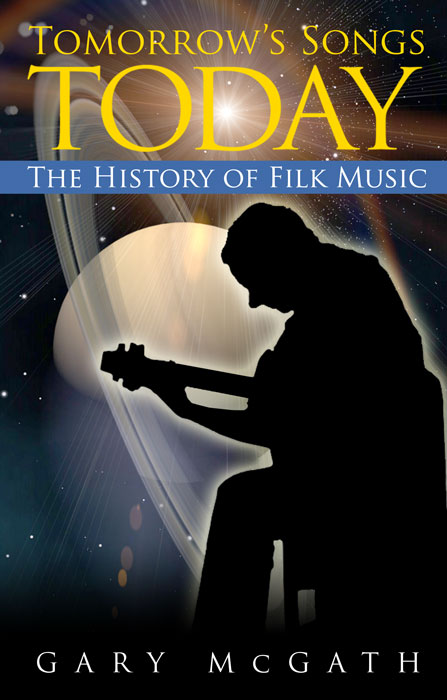I’m the kind of person who always needs to have a project or two going. Things have been slow in that department lately, and FAWM is still about six weeks away. The two novels I wrote were enjoyable to do, but fiction isn’t my strongest point. The research I did for them has proven fruitful, though. I thought about writing a book on the Protestant Reformation and its effect on the emergence of personal freedom. I can’t claim to be a professional historian, though, and the readership would undoubtedly be small.
But I can write songs. The idea I’ve developed is a song cycle which combines music and history while connecting to my novels. Hans Lorenz is Thomas and Frieda’s son in The Magic Battery and Spells of War. He’s a small child and isn’t developed much as a character, but he has strong musical abilities. In this cycle, the adult Hans is the singer of songs which could get him into bad trouble for the ideas they expressed; but doing that runs in his family. (His father was on trial for his life, his mother’s book was burned, and his grandmother was killed in prison, accused of witchcraft.)
The first song, which I’ve put up on SoundCloud, is “Deva Prison.” It presents history which most listeners won’t know, so it’s followed by a short talk by “Hans” to his audience about the facts behind the song. This is a pattern which I plan to follow in other songs in the cycle.
A fact that might get a few people more interested: Dávid Ferenc, the subject of the song, was the founder of Unitarianism.
If I achieve my goal, this cycle will present some important history which isn’t familiar to most modern audiences in an entertaining way. Let me know what you think.
 This post is a signal boost for Ada Palmer’s very interesting
This post is a signal boost for Ada Palmer’s very interesting  The second edition of
The second edition of